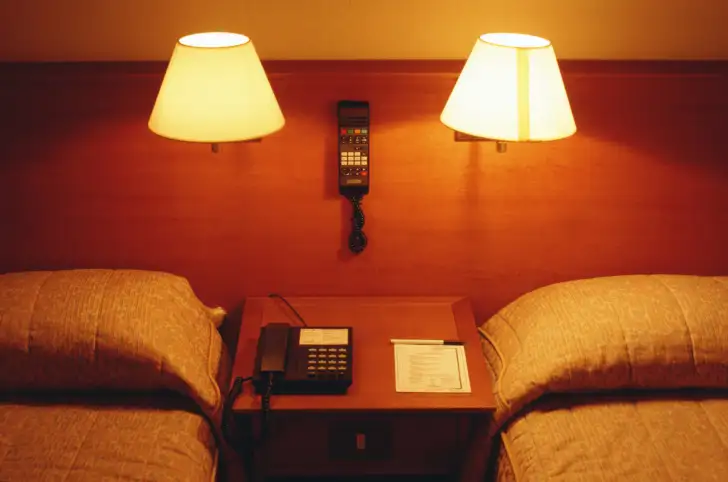
Of all the major hotel chains, Marriott is arguably the only one with a particular claim on operating with an exemplary moral compass.
The company has been recognized accordingly: named Fortune magazine’s “World’s Most Admired Lodging Company”; designated a “World’s Most Ethical Company” by the Ethisphere Institute; awarded “Best Employers for Healthy Lifestyles” by the National Business Group on Health; etc. Bill Marriott, Marriott’s founder and still a force in the company’s governance, has always stressed the importance of ethical behavior in creating a corporate culture conducive to exemplary customer service.
But two recent moves show just how difficult it is to get it right when the pressures of the marketplace intrude.
First, in September, the company began leaving “Gratitude Envelopes” in guests’ rooms in a none-too-subtle push to increase the frequency and amount of tips left for housekeepers. Marriott tried to give the move a humanitarian gloss, justifying it as a way to give housekeepers the recognition and rewards they deserved.
But the majority reaction was that Marriott was simply abdicating its responsibility to pay its housekeeping staff a living wage, and guilt-tripping its customers into picking up the slack. Travelers were irritated; housekeepers were embarrassed; and Marriott was widely seen as having come down on the greedy side of a fundamental issue of fairness and decency.
Then, in November, Marriott announced that, beginning on January 15, 2015, all members of Marriott’s Rewards program will receive free standard in-room WiFi at most Marriott family hotels, when bookings are made directly on Marriott.com, Marriott’s mobile app, 1-800-MARRIOTT, or through a Marriott hotel.
Who doesn’t want free WiFi, right?
But restricting it to travelers who book direct with Marriott, travel agents—both on- and offline—stand to lose business. And travelers who normally make their hotel bookings through travel agents are inconvenienced and denied the option of comparison-shopping for the best rates.
Marriott has denied that the rationale for denying the benefit to those using outside booking channels was profit-driven, according to a Travel Weekly report. But it’s no secret that direct bookings are more profitable, since there’s no commission, as there would be on bookings made through an agent or online travel agency. And really, what other explanation could there be?
There’s nothing inherently unethical about putting profits ahead of the interests of one or another group of stakeholders. Within the bounds of fairness and decency, it may be entirely rational to do so. But you can’t be both a rapacious profiteer and a pillar of moral rectitude. And to try to have it both ways, as Marriott seems intent on doing, is bound to fail.
Reader Reality Check
Is Marriott losing some of its moral luster?
This article originally appeared on FrequentFlier.com.
We hand-pick everything we recommend and select items through testing and reviews. Some products are sent to us free of charge with no incentive to offer a favorable review. We offer our unbiased opinions and do not accept compensation to review products. All items are in stock and prices are accurate at the time of publication. If you buy something through our links, we may earn a commission.
Related
Top Fares From
Today's Top Travel Deals
Brought to you by ShermansTravel
France: 8-Night Paris, Avignon & Nice...
Infinity Worldwide Vacations
 vacation
$2880+
vacation
$2880+
Poconos: 3 Nts in Garden of...
ResortsAndLodges.com
 hotel
$305+
hotel
$305+
7-Nt Canada & New England Cruise,...
Princess Cruises
 cruise
$839+
cruise
$839+



